How to Protect Japanese Sake Barrel CRAFTSMANSHIP? - List of Japanese Sake Companies [updated in 2017]
Sakadaru and Masu
Do you know how Japanese sake/rice wine is stored? It is usually in Sake barrel. Today we see the declining number of craft people who can make the barrels in Japan.
With this article, we feature this issue. Then, we share with you the simple tip how to tell the best sake from others and the best Sake brands in Japan for your reference.
If you visited shrines in Japan, you may have seen the barrels for Japanese rise wine-Sake. It is called Sakadaru (meaning literally "Sake barrel").
These barrels usually made of cider and like Masu ("Sake cup") very important part of ceremonies in Japan.
|
|
People donate the Sake in the barrels to shrines. It was common to bring and drink the big barrel when people build a new house. Also, when the business starts, you may see the corporate big heads hit the Sake barrel open with hammers.
How to make Sake Barrel
To make the barrels, it requires skills to put each cider board with bamboo strings together precisely so the sake does not leak.
There were around 500 Sake barrel manufacturers in Japan around Edo period. As of 2013 there are only 9.
This decline in the Sake barrels is due to mainly the drop in sake consumption in Japan. People's taste more diversified thus more people drink wine etc., more choice of alcohol, few young people want to work in the industry and the ever-stricter control on alcohol consumption bestowed by traffic law(against drink under influence).
Some company trying to keep Sake Barrel tradition
Witnessing this decline of the Sake barrel, the major Sake company Kikumasamune has started hiring Sake barrel craftsmen to keep the traditional expertise alive.
There are many Japanese traditional craftsmanship facing similar problems.
Team Kaeru think the big issues here are:
1) young people are not interested in traditions in Japan and
2) the government is not putting enough resource to educate the young generation on these old traditions( which results in less interests of youth in it) and also not promoting these traditions( which results in even less growth of these old business ).
<<One traditional Japanese craftsmanship facing problem is Yosegi technique. Find out all here!>>
Team Kaeru think the other part of the world has also similar issues. If any opinion, please share with us!
How to Find Best Japanese Sake?
To find a great and high quality Sake takes quite effort based on the rich experience where one tasting a lot of Sake over a long period.
But here is the simple way.
Check the label and see which rank the sake belongs to. The rank is based on several elements such as how natural the sake is made (less chemical, the better), type of rice and how much the rice is polished (the more polished, the better).
Ask the ranking on the label
1. 純米大吟醸酒 Junmai-Daiginjo-shu
Generally speaking the best of the best.
The rice is polished to 50% or less than 50% of its original size
2. 大吟醸酒 Daiginjo-shu
The rice is polished to 50% or less than 50% of its original size
3. 純米吟醸酒 Junmai-Ginjo-shu
The rice is polished to 60% or less than 60% of its original size
4. 吟醸酒 Ginjo-shu
The rice is polished to 60% or less than 60% of its original size
If you are in overseas, you may not see any of these rank of sake unfortunately.
If you see any other label than the above such as 清酒 seishu, 純米酒 Junmai-shu, 本醸造酒 Honjozo-shu or even no rank information, you can think you are not drinking the best.
type of rice
If you are not tired of asking (or showing off your knowledge about Sake rank!), you can also ask what type of rice the sake is made from.
You ask the restaurant or sake shop, which rice is the sake made of. If the sake is made of the following, you expect the quality is high.
Here is the list of best rice for Sake making:
1. 山田錦 Yamada-nishiki
The best of the best. 80% of Yamada-nishiki grows in Hyogo prefecture. The best from this best is considered to be from the " special A area/ 特A地区". It is difficult to grow this rice.
2.五百万石 Gohyakuman-goku
If the king of west is Yamada-nishiki, the king of the east is this. It is mainly from Niigata prefecture.
3.美山錦 Miyamanishiki
It is mainly from Nagano prefecture. It means "beautiful mountain". It grows in area surrounded by the beautiful mountains.
4. 雄町 Omachi
It is mainly from Okayama prefecture. This rice is the parent of Yamada-nishiki and Goyakuman-goku by species.
5. 八反錦 Hattan-nishiki
It is mainly from Hiroshima prefecture. You can polish this rice a lot but does not get too fragile.
NOTE: Please understand these information is based on the reputation we hear. It is not ultimate and official decision on the quality. If you like the taste, that is the best sake.
Examples of 純米大吟醸酒 Junmai-Daiginjo-shu
Based on the above rank, the best of the best Sake rank is Junmai-daiginjo-shu. If you google it, you may find the seller. It usually costs around 300USD - more than 1000USD per bottle (0.7 litter to 1.8 litter or so).
Popular Sake Makers/brands in Japan
Do you want to know which Sake is most popular and considered to be high quality in Japan? Here is the list.
1. 獺祭 Dassai
Dassai from Asahi sake factory (Not the beer company), Yamaguchi prefecture.
est. 1948
Note: this factory only produces the highest rank sake (Junmai-Daiginjo-shu, check above, if you miss the relevant info). The company policy is to produce sake for tasting/enjoyment not for drinking/getting drunk.
2.十四代 Juyondai
Juyondai from Takagi sake factory, Yamagata prefecture
est. 1615
Note: Juyondai means "14th". The brand name used to be "Asahi Daka". When 14th owner Mr. Takagi giving the title to the 15th owner, this sake was named " 14th - Juyondai ".
3. 醸し人九平次 KamoshibitoKuheiji
Kamoshibitokuheiji from Banjou sake factory, Aichi prefecture
est. 1960
Note: Served in Guy Savoy in France
4. 黒龍 Kokuryu
Kokuryu from Kokuryu sake factory, Fukui prefecture
est. 1804
5. 田酒 Denshu
Denshu from Nishida sake factory, Aomori prefecture
est.1878
6. 久保田 Kubota
Kubota from Asahi sake factory (not the beer company, not the same sake company above), Niigata prefecture
est. 1830
7. 出羽桜 Dewazakura
Dewazakura from Dewazakura sake factory, Yamagata prefecture
8. 鳳凰美田 Houou-biden
Houou-biden from Kobayashi sake factory, Tochigi prefecture
9. 〆張鶴 Shimeharitsuru
Shimeharitsuru from Miyao sake factory, Niigata
10. 八海山 Hakkaisan
Hakkaisan from Hakkaisan sake factory, Niigata
est. 1922
How to Ship Sake?
It is often said that Sake is alive. You need to keep in a cool temperature (in fridge). Take a good caution when shipping in the summer time. We use a truck with fridge carrying Sake.
Where can you visit Sake factory near Tokyo?
You know suntory Yamazaki whiskey distiller opens to the public (cost something like 1000JPY for 80 minutes and reservation needed ) and you can taste? The similar factory tour available at beer brewery such as Sapporo beer, Suntry Beer?
The same goes to many Sake factories.
You can visit Sake factory to learn about Sake production process and also sake tasting. This type of visit is called "きき酒/Kikizake".
Ozawa sake factory in Ome ( near Tokyo )
We visited several sake factory and one of them is relatively close to the center of Tokyo. The sake factory is called Ozawa sake factory ( their brand is "Sawanoi").
The sake factory is around 2 hours from Shinjuku station. you take JR Chuo line then change to Ome line at Tachikawa station and get off at Sawai station. The factory is 5 min walk from the station.
You need to reserve your place for the visit.
How you book it?
You can book it by calling +81 428 78 8215 or online form.
It is closed on Monday (usually).
Their busy seasons are May, October and November.
Great thing is it is free of charge and you can also taste the sake there.
Caution: In Japan, you can NOT drive when you drink (even a drop of alcohol)
Location of Ozawa Sake factory
Find helpful?
We hope that you find our article helpful. If you want to learn more about Japanese sake, feel free to talk to us.
More articles for you to enjoy:
Have you heard of "Shark islands" and want to know how to get there, please click here!
Have you heard of "Rabbit islands" and want to know how to get there, please click here!
Looking for a beautiful Japanese inn with private bath during your trip to Japan? Here is the list!
Hungry in Japan? Find the unbelievably big and cheap food from our "where can we get full" list!
Onegai Kaeru wants you to enjoy Japan trip.
If you are looking for more traveler"s info and can not find one, please let us know. We will try to help you with Japan Traveler Help Service (we work on hourly charge to arrange, book, find info you need). Feel free to contact us!
Do you know an island with over 2000 years old tree in Japan? Please check this out!
Onegai Kaeru, a group of passionate travelers, bring happiness to the world with its shopping support service and original super cute items!
Disclaimer: Even though we try to make the info as updated and accurate but the accuracy of the information herein is not guaranteed by us. If you have any uncertainty, please contact the information source.




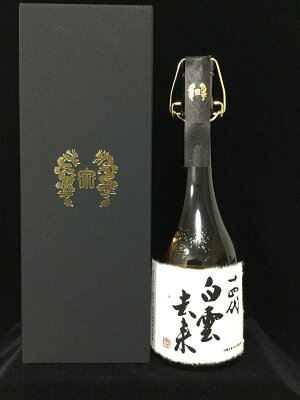
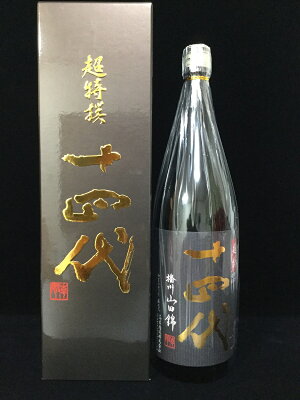
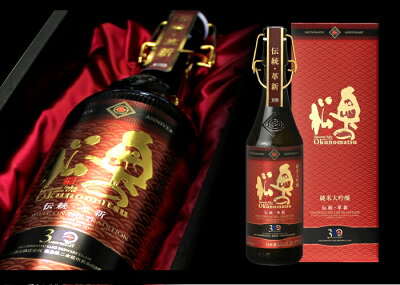
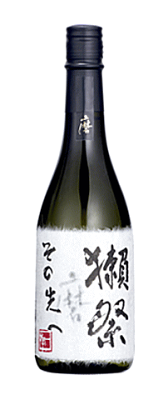

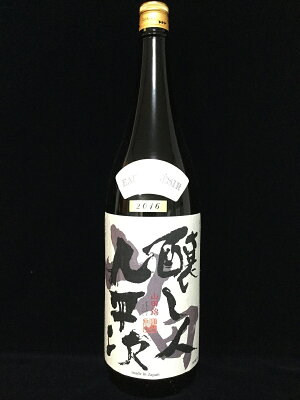


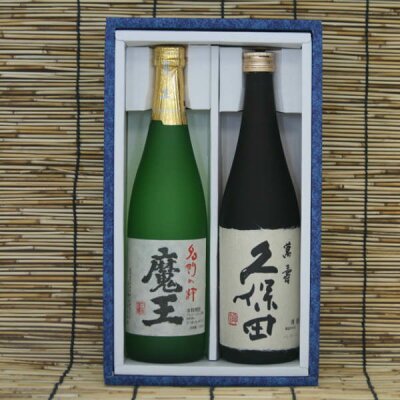

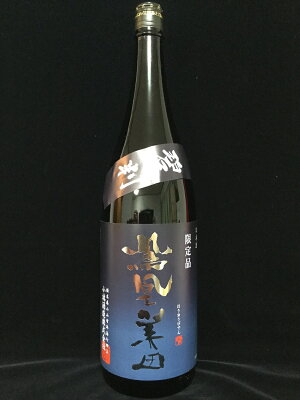
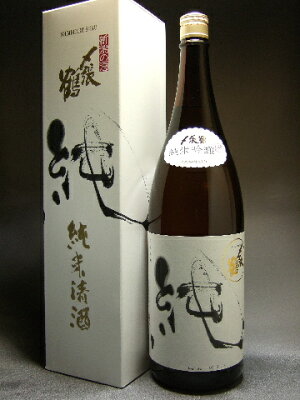
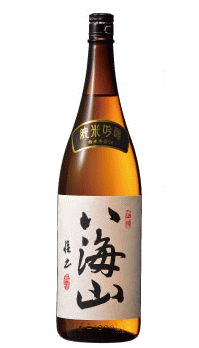
Write a comment
milo (Thursday, 21 February 2019 07:09)
Sake wine in half barrel. Price please. will need for house blessing. How long to ship it to the Philippines? 639178325500